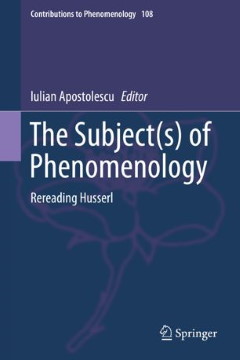Repository | Book | Chapter

(2020) The subject(s) of phenomenology, Dordrecht, Springer.
Husserl and America
reflections on the limits of Europe as the ground of meaning and value for phenomenology
Ian Angus
pp. 291-310
This paper investigates phenomenological philosophy as the critical consciousness of modernity beginning from that point in the Vienna Lecture where Husserl discounts Papuans and Gypsies, and includes America, in defining Europe as the spiritual home of reason. Its meaning is analyzed through the introduction of the concept of institution (Urstiftung) in Crisis to argue that the historical fact of encounter with America can be seen as an event for reason insofar as the encounter includes elements previously absent in the European entelechy. The conclusion shows that phenomenology must become a comparative, Socratic, diagnosis of the planetary crisis of reason. The entelechy of reason that becomes evident through the concept of institution should be understood less as a renewal of a pre-existing tradition than as an exogenic encounter and incursion of an outside that together define an instituting event as new in relation to its tradition.
Publication details
DOI: 10.1007/978-3-030-29357-4_16
Full citation:
Angus, I. (2020)., Husserl and America: reflections on the limits of Europe as the ground of meaning and value for phenomenology, in I. Apostolescu (ed.), The subject(s) of phenomenology, Dordrecht, Springer, pp. 291-310.
This document is unfortunately not available for download at the moment.



